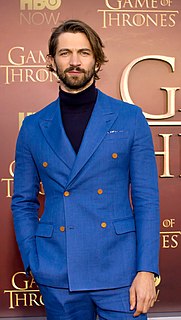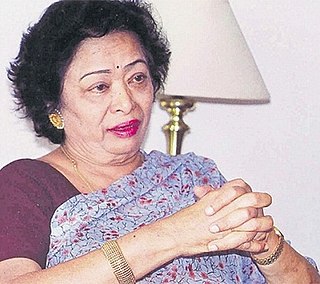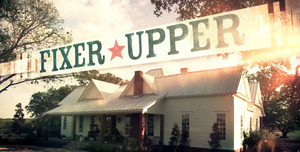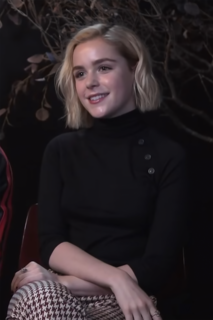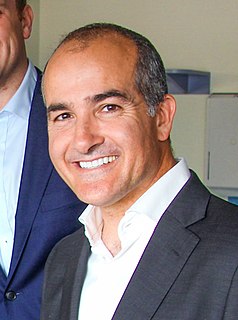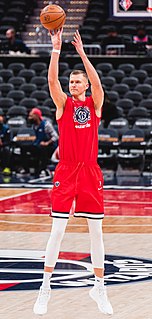A Quote by Kola Boof
I learned English by watching soaps as a kid, and since I don't have any formal education and can't teach at the universities like other literary writers do.
Related Quotes
Read a lot. But read as a writer, to see how other writers are doing it. And make your knowledge of literature in English as deep and broad as you can. In workshops, writers are often told to read what is being written now, but if that is all you read, you are limiting yourself. You need to get a good overall sense of English literary history, so you can write out of that knowledge.
Shakespearean words, foreign words, slang and dialect and made-up phrases from kids on the street corner: English has room for them all. And writers - not just literary writers, but popular writers as well - breathe air into English and keep it lively by making it their own, not by adhering to some style manual that gets handed out to college Freshmen in a composition class.
When I was supposed to go to a certified kindergarten that's supposed to teach you actual things like how to read, I went to a daycare that my parents thought was a kindergarten. I was Crayola-ing inside the lines with no fundamental education at all. So I walked into the first grade with no formal education at all.
Growing up on Mad Men with so many incredible actors and then going on to other things with amazing people, I never had any formal acting training, but they are all acting schools, basically. Just watching and learning from the best is insane. It's like having an internship and watching all these amazing people doing their work. You just soak it up like a sponge, hopefully.
As a physician, we are taught that learning and education never stop - they are lifelong. I think education comes in various forms: formal, informal, and most importantly, experiential. All of this defines who we are and gives us if you will our abilities to function as leaders. I believe all of those pieces constitute formal education - it is invaluable to who we are and how well we perform.
I want my books to exist in the literary world, not only in the art world. I am interested in having a dialogue with other writers, and the readers of those writers. Someone who is reading a book of mine might not have visited my exhibitions related to it, but can still have a full, literary experience with that book. This would be a completely different experience from stepping into the show, not having read the book. One form is not illustrative of the other.
What is education? Properly speaking, there is no such thing as education. Education is simply the soul of a society as it passes from one generation to another. Whatever the soul is like, it will have to be passed on somehow, consciously or unconsciously, and that transition may be called education. ... What we need is to have a culture before we hand it down. In other words, it is a truth, however sad and strange, that we cannot give what we have not got, and cannot teach to other people what we do not know ourselves.
There is no other Parliament like the English. For the ordinary man, elected to any senate, from Perisa to Peru, they may be a certain satisfaction in being elected... but the man who steps into the English Parliament takes his place in a pageant that has ever been filing by since the birth of English history... York or Lancaster, Protestant or Catholic, Court or Country, Roundhead or Cavalier, Whig or Tory, Liberal or Conservative, Labour or Unionist, they all fit into that long pageant that no other country in the world can show.


